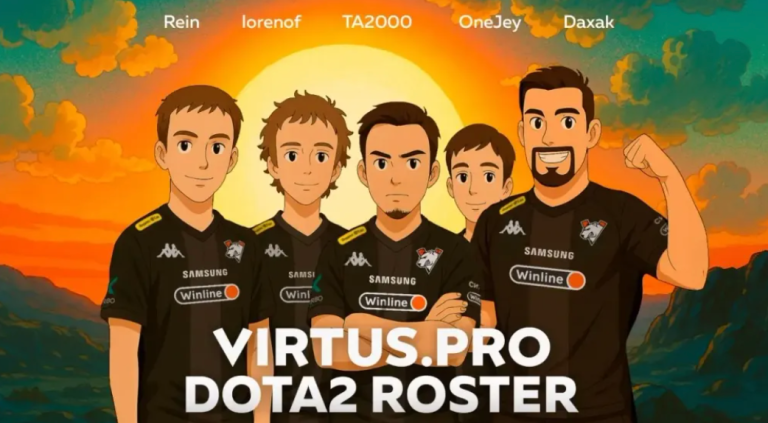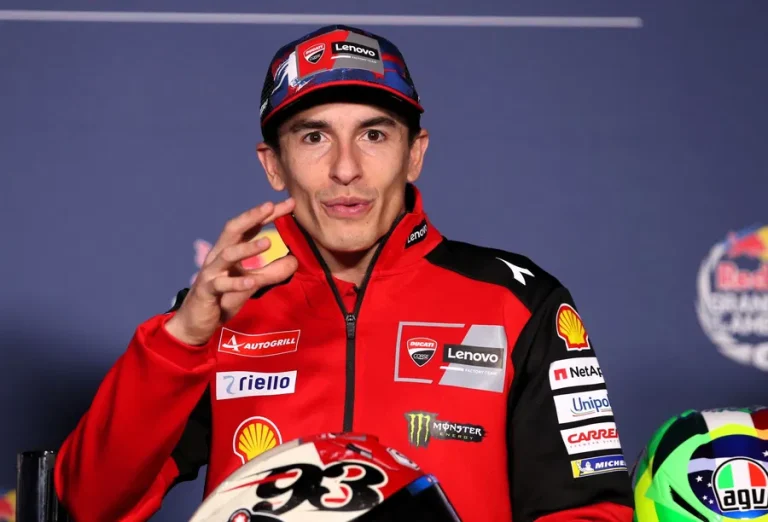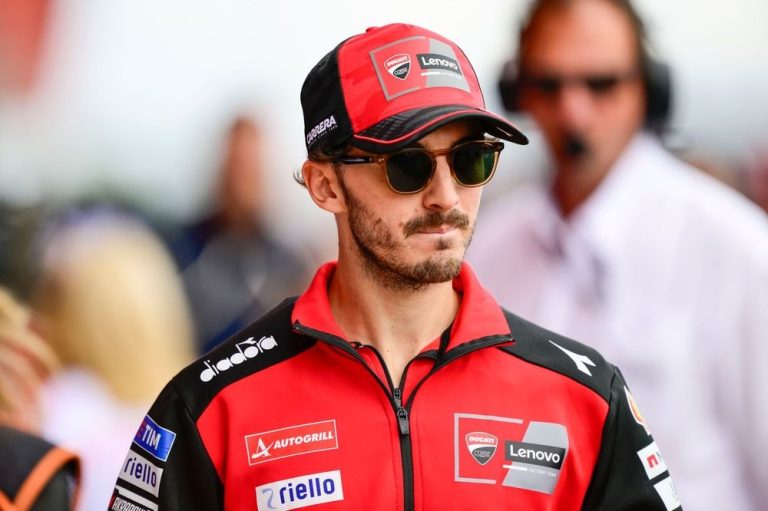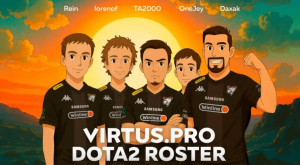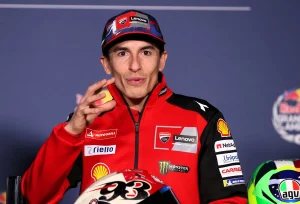AS Roma manager, Jose Mourinho, has recently sparked intrigue within the football community by expressing his anticipation of potentially working in Saudi Arabia in the future.
This unexpected revelation has fueled speculation and discussions about the global appeal of Saudi football and the potential impact of Mourinho’s managerial prowess on the nation’s football landscape.
In a recent interview, Mourinho hinted at the prospect of managing a team in the Saudi Professional League, citing the growing reputation and investment in Saudi football as a key factor in his interest.
“Doors are always open for me in Saudi Arabia. I want to feel the development there,” Mourinho said.
“Cristiano was the first to go there and give a different perspective immediately. The players thought at first that it was a one-man show but they realised in the summer that everything was really changing.” Mourinho added.
The country has been actively working to enhance its football infrastructure, hosting major tournaments, and attracting international talent to bolster its domestic leagues.
Mourinho, known for his successful stints with top European clubs, including Porto, Chelsea, Inter Milan, Real Madrid, Manchester United, and AS Roma brings a wealth of experience and a winning mentality wherever he goes.
His potential arrival in Saudi Arabia would undoubtedly bring a new level of expertise and attention to the local football scene.
The Saudi Professional League has already seen an influx of international players and managers in recent years, contributing to its rising competitiveness and global recognition.
Mourinho’s potential involvement could further elevate the league’s standing, attracting more football enthusiasts from around the world. Beyond the football pitch, Mourinho’s move to Saudi Arabia could also be seen as a cultural exchange.
Football has proven to be a powerful medium for fostering connections and understanding between different cultures.
The exchange of coaching philosophies, training methods, and football ideologies could contribute to the overall growth of the sport in the region.
Moreover, Mourinho’s decision to express interest in Saudi Arabia sheds light on the changing dynamics of football’s global landscape.
Traditional football powerhouses in Europe are no longer the sole destinations for top-tier managers; emerging football nations are becoming attractive options, offering unique challenges and opportunities for seasoned professionals.
It remains to be seen whether Mourinho’s words will materialise into a concrete managerial role in Saudi Arabia. Nevertheless, his mere acknowledgment of the potential venture has ignited curiosity and optimism among football enthusiasts in the Middle East and beyond.
The prospect of witnessing Mourinho’s tactical genius in a new football environment adds an exciting chapter to the evolving narrative of the beautiful game.






